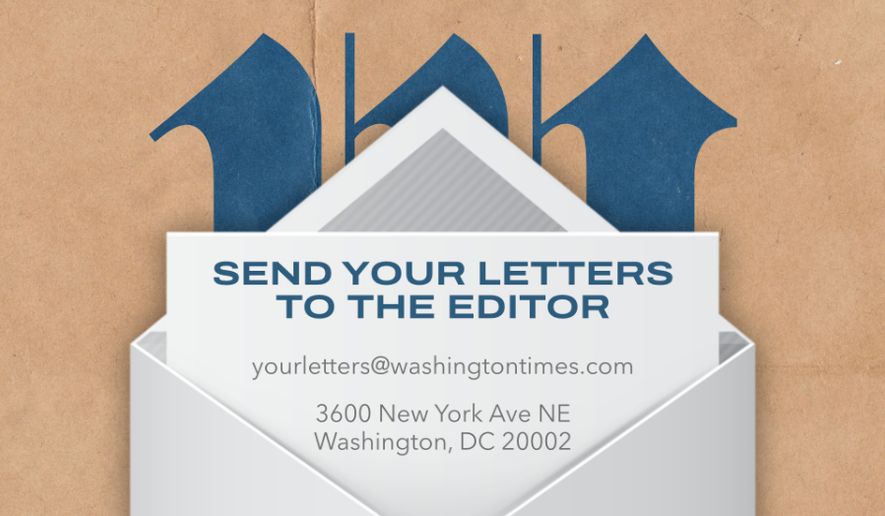OPINION:
In his recent op-ed, “Why the Trump tariffs should prevail at the Supreme Court” (Web, Aug. 31), White House trade policy adviser Peter Navarro disputes the recent federal appellate court decision that invalidated President Trump’s tariff policies. In Mr. Navarro’s telling, the court erred in describing Mr. Trump’s tariffs as “permanent.”
Instead, Mr. Navarro contends, these measures are legally valid exercises of presidential emergency powers since they have a one-year expiration date, subject to congressional renewal.
Mr. Navarro is adamant that the administration’s tariffs are intended to be temporary, even writing, “No one in the Trump administration — Scott Bessent, Jamieson Greer, Howard Lutnick, myself or President Trump — has ever suggested otherwise.”
It appears Mr. Navarro’s memory has lapsed. For the past several months, he has been touting the very same tariffs as a permanent stream of revenue to the federal government. At a March 31 press conference, he boasted that tariffs “are going to raise about $600 billion [annually], about $6 trillion over a 10-year period.” Secretaries Bessent and Lutnick, United States Trade Representative Jamieson Greer and President Trump have all repeated similar claims, and the White House’s own budget calculations for the One Big Beautiful Bill Act contain similar tariff revenue projections through 2035.
When evaluating the constitutionality of these alleged “emergency” measures, the Supreme Court should take note of the administration’s doublespeak, including its oft-announced intention of making tariffs a permanent source of tax revenue.
PHILLIP W. MAGNESS
Vienna, Virginia




Please read our comment policy before commenting.